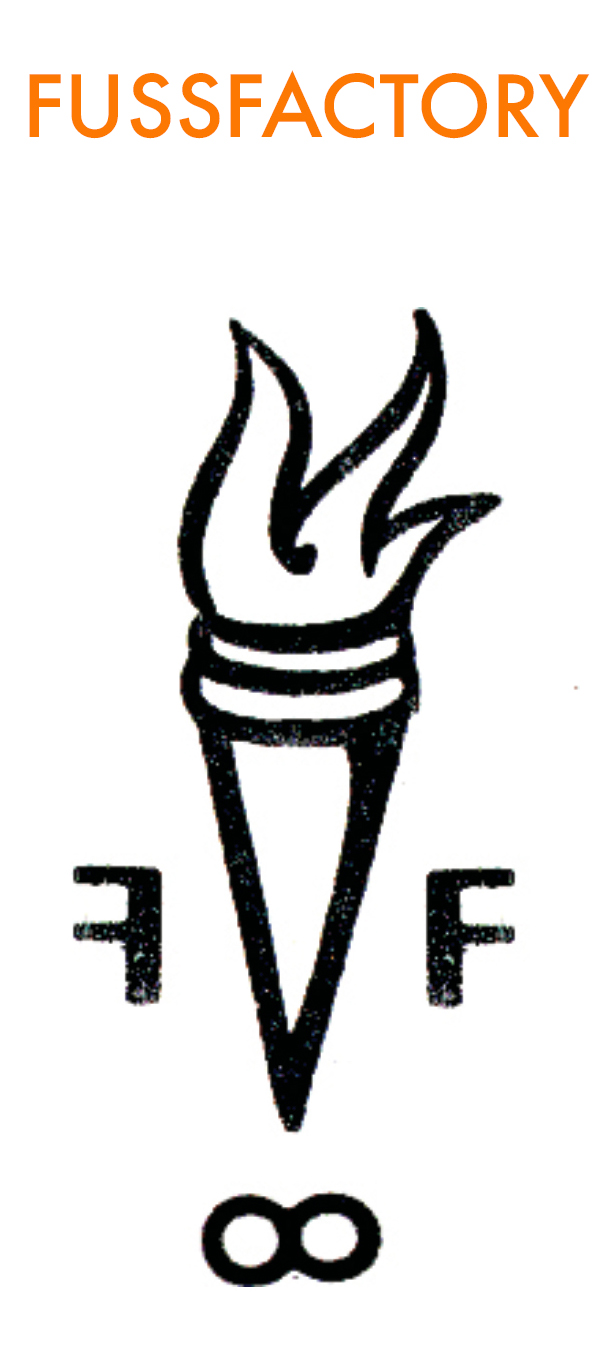#sparkchamber 070919 — Menon Dwarka
What a pleasure to welcome culture-maker Menon Dwarka to the #sparkchamber today. A self-described citizen of the world, Menon is a composer, arts administrator, and writer. He trained as a composer primarily in Toronto, where, when he was 6 months old, his family emigrated from Guyana. A two-year stint pursuing doctoral studies in music in New York City became an almost 20-year American odyssey of composing music for television, running programs in music and technology for the 92nd Street Y, Harlem School of the Arts, and Greenwich House, and writing articles on modernism and post-modernism for Steinway's Listen: Life with Music & Culture http://www.listenmusicculture.com/, where he also serves as Editorial Consultant. His music, which can best be described as post-colonial, reflects the many influences he encountered growing up as a Canadian of South Asian heritage — hear some at Soundcloud.
Dwarka returned to Canada in 2013, leading two multi-disciplinary community arts organizations: 918 Bathurst, home to the Music Gallery; and Arts Etobicoke, where he secured a half-million dollar award from the Canada Council's Digital Strategies Fund toward the creation of a cultural mapping project for the inner suburbs of Toronto.
Last month, Menon started as the Executive Director of Art of Time Ensemble in Toronto, an organization dedicated to transforming the experience of music, fusing high art and popular culture in concerts that juxtapose the best of each genre. A perfect fit for Mr. Dwarka, with its programming that entertains as it enlightens, revealing the universal qualities that lie at the heart of all great music.
Explore his sounds, words, photos, and more at his website.
1.] Where do ideas come from?
I’ve thought a lot about this over the years, and it seems to me that David Lynch’s description of fishing for ideas in the ocean of our subconscious really seems to strike a chord with me. You can struggle and sweat, overthink and even “over-feel,” but good ideas always feel like an epiphany. Patiently waiting for what rises to the surface always seems to be the best way forward.
2.] What is the itch you are scratching?
I often hear music internally that doesn’t feel or sound like music that I’ve heard before. While those thoughts can often be fleeting, I’m interested in bringing those sounds into the world for no other reason than to spend more time in those spaces, and hopefully share those spaces with like-minded individuals.
3.] Early bird or night owl? Tortoise or hare?
Like anything, it’s always important to stay close the craft of music making, on a daily basis if possible, so when a transcendent gift is presented to you, you have the capacity and the facility to capture it in some way. I used to work all the time, around the clock, sacrificing balance with job, my relationships, even my health. Now I’m much more focused and measured about how I spend my time, touching everything lightly and often. It’s less of an event and more a way of being.
4.] How do you know when you are done?
When there are enough details that if half-remembered, you still have a fairly strong impression of the work. It’s not about creating an overly ornate surface, but rather a clear set of mannerisms that make the work recognizable to anyone casually engaging in your work.


